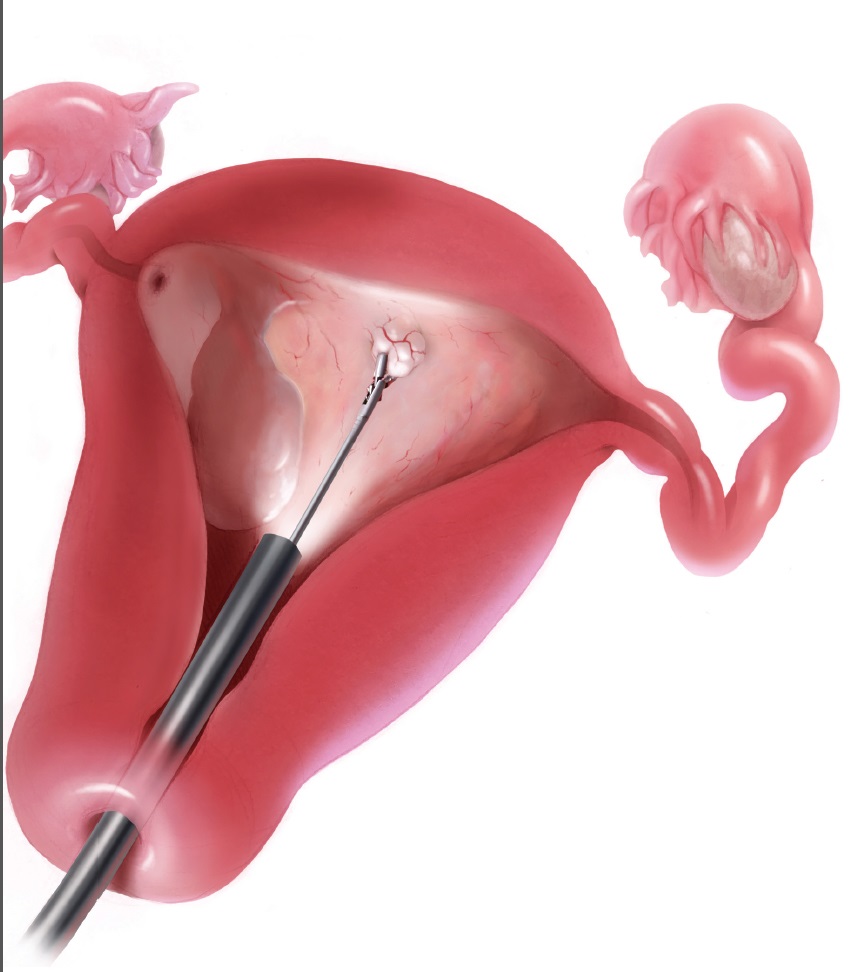Postmenopausal Bleeding
Apr 19, 2022
When uterine bleeding occurs more than 12 months after the last regular menstrual period, it is postmenopausal bleeding. its significance even if slight, should not be underestimated. As many as 1/3 cases are due to cancer. Normal menstruation continuing beyond 55 years of age is also alarming. Common causes for postmenopausal bleeding include – Cancer ( of the Cervix, endometrium, Vagina, vulva & fallopian tube), dysfunctional uterine bleeding, senile endometritis, decubitus ulcer, etc.

Because abnormal vaginal bleeding can be a symptom of cervical uterine or endometrial cancer therefore it should always be evaluated by a doctor. Women who experience postmenopausal bleeding may have associated symptoms that can depend on the cause of bleeding like vaginal dryness, decreased libido, Insomnia, stress incontinence, increased urinary tract infection & weight gain, or loss. After a detailed history & thorough general & abdominal examination, a Speculum examination is done to note the condition of the cervix & the vagina. If any visible cervical growth is seen biopsy is taken. For apparently normal-looking cervix, cervical & endocervical smear is taken to exclude cancer.
Investigations include transvaginal sonography to accurately assess the endometrial thickness, its texture & the presence of any fluid in the uterus which would require further evaluation to exclude Cancer. Hysteroscopic evaluation & directed biopsy may also be required. CT & MRI may also be useful in selected cases. Detection of benign lesions should not prevent further investigations to rule out Cancer. The treatment is directed according to the cause. If bleeding is due to cancer, treatment will depend on the type & stage of Cancer. When Cancers are diagnosed early, the chances of survival are higher.
So if one is having postmenopausal bleeding one should seek help quickly to get a diagnosis & treatment plan in place.









